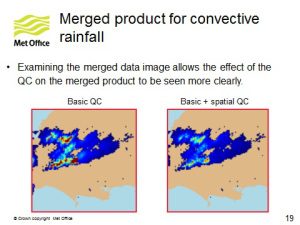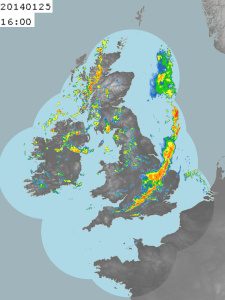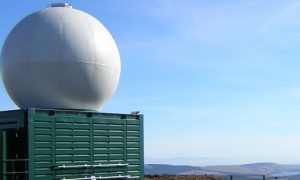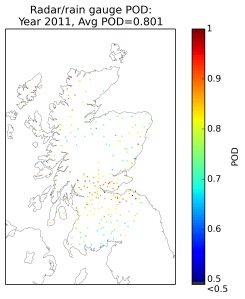
There are some unique challenges with the operational use of radar in Scotland:
- The radar coverage is inconsistent across the country, particularly in Dumfries and Galloway and the Highlands, including Inverness
- The mountainous nature of the landscape means that the radar might not be able to “see” in all directions as the beam is blocked by hills
- The post processing algorithms do not fully account for orographic enhancement of rainfall over high ground
- Radar doesn’t perform very well when it is snowing due to the different reflective properties of snow compared to rain
However, radar remains a vital tool in flood forecasting as Linda Speight reports on floodforecastingservice.net
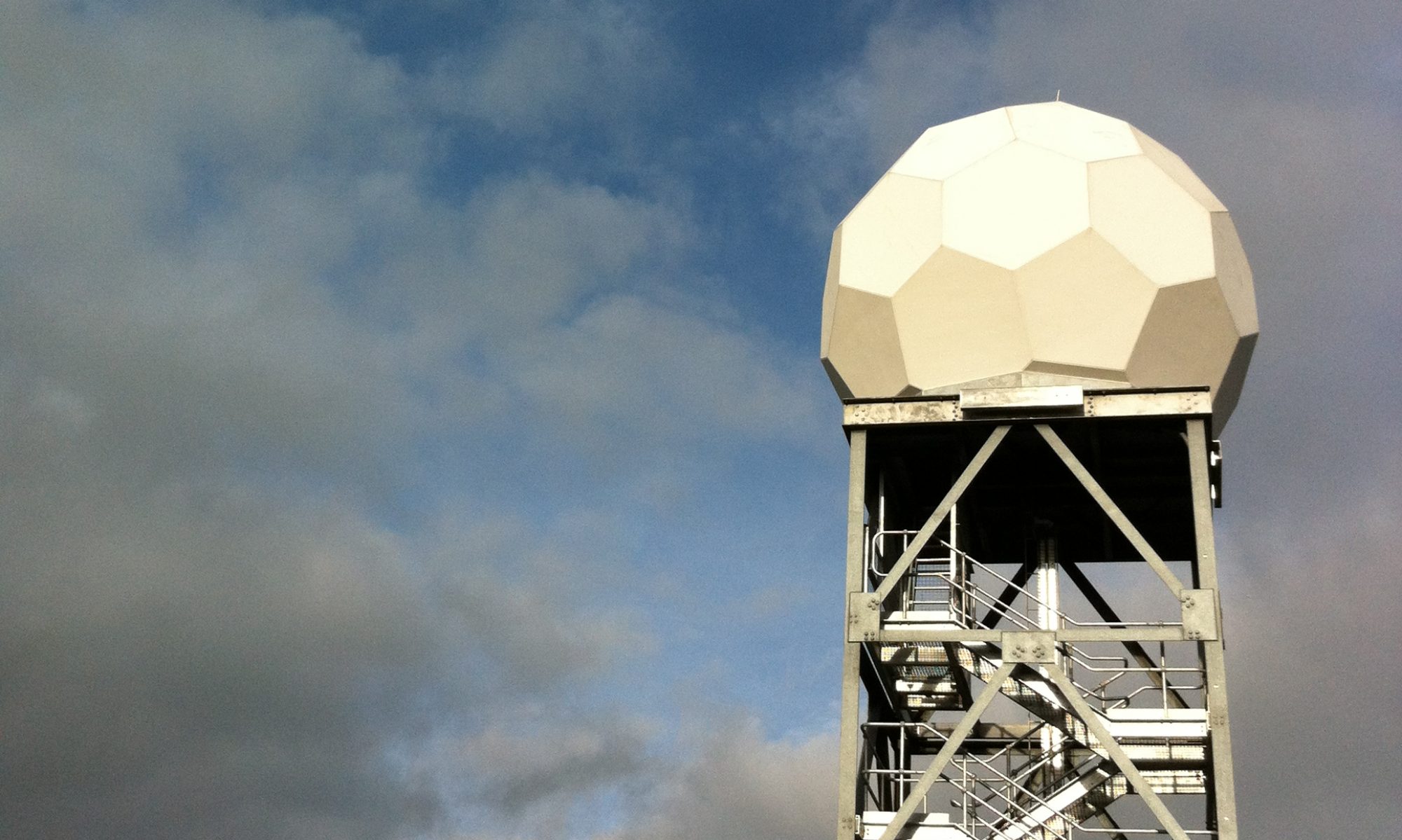
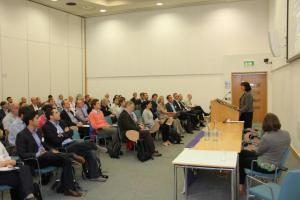
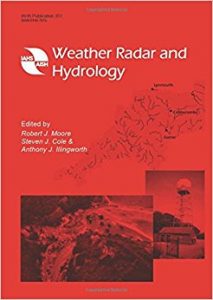 Weather Radar and Hydrology 2011 provided a forum for the exchange of experiences and ideas on the use of weather radar in hydrology with a particular emphasis on user applications for flood forecasting and water management. The full set of papers from the symposium, held at the University of Exeter in April 2011, are available through the
Weather Radar and Hydrology 2011 provided a forum for the exchange of experiences and ideas on the use of weather radar in hydrology with a particular emphasis on user applications for flood forecasting and water management. The full set of papers from the symposium, held at the University of Exeter in April 2011, are available through the 